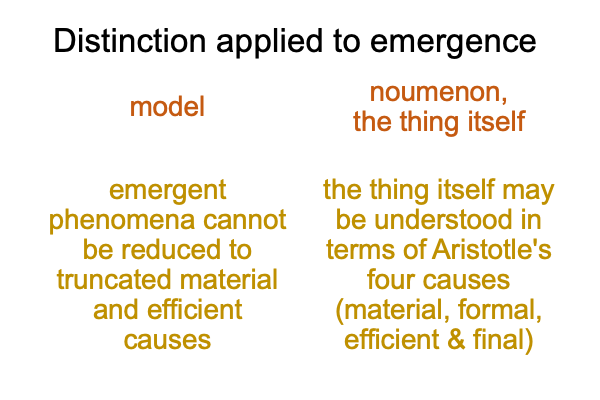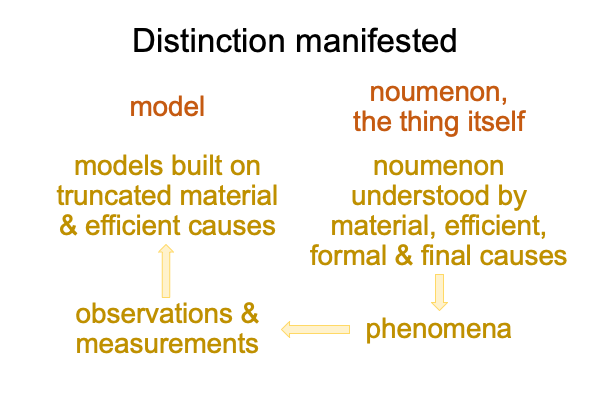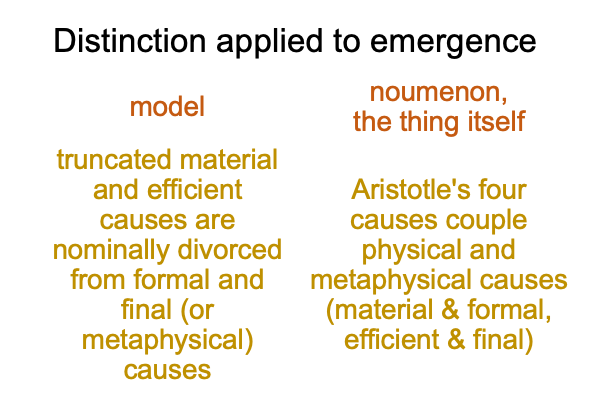0008 In 2019 AD, Mariusz Tabaczek publishes the book before me, titled Emergence: Towards a New Metaphysics and Philosophy of Science (University of Notre Dame Press). He aims to counter the fact that philosophers of science, and maybe a few scientists, struggle to account for emergent phenomena.
0009 What are emergent phenomena?
They range from galaxies to dust devils, from micelles to bacteria, and from bacteria to um… Bach. (See Looking at Daniel Dennett’s Book (2017) “From Bacteria to Bach and Back”, appearing in Razie Mah’s blog in December 2023). Emergent phenomena, on one level, resist reduction to truncated material and efficient causalities on lower levels. Societies are more than interacting individuals. Individuals are more than the cells that compose them. Cells are more than micelles containing biochemicals. Biochemicals are more than atoms. If any of these statements are not so, then sociology reduces to anthropology and anthropology reduces to biology and biology reduces to biochemistry and biochemistry reduces to physics.
Emergent phenomena are everywhere, yet cannot be readily modeled using lower-level principles, even though some computer simulations come close to success.
0010 Such is the Positivist’s dilemma.

0011 Note the overlap within the applied distinction. Both sides consider material and efficient causation. So, why the qualifier, “truncated”?
Consider the following figure.

0012 Do scientists “reduce” Aristotle’s four causes into the two that yield mathematical and mechanical models?
Or do they select out, through controlled observations and measurements, those phenomena that may be treated using only material and efficient causes?
If either answer is “yes”, then phenomena that might be attributed to formal or final causation in Aristotle’s schema end up being treated as if they are produced only by material and efficient causations, because these two causalities enable mathematical and mechanical models.
0013 So, maybe the word, “truncated”, itself is misleading.
But, it sounds so much better than the more accurate qualifier, “nominally divorced”.
Plus, it is so much shorter than “modern terms that pretend to be the same as Aristotle’s”.
On top of that, it is way easier than “modern terms that may actually manifest Aristotle’s formal and final causations under the guise of being the same as Aristotle’s material and efficient causations.”
0014 Here is a picture.

